What Our Students Say
Course Information
Introduction
Our T Level in Media, Broadcast and Production (an alternative to A levels, apprenticeships and other 16-18 courses) is ideal if you are intending to progress directly to employment within the media, broadcast and production sector in roles such as a broadcast systems technical operator, production assistant, junior content creator and junior broadcast engineer to a media, broadcast and production related apprenticeship, or to further study in higher education.
Overview
T Levels are an alternative to A levels, apprenticeships and other 16-18 courses. The qualification is equivalent to three A levels and the main focus of study is based around vocational skills. The qualification includes a 45-day industry placement and the course is run over two years.
This T Level in Media, Broadcast and Production explores is ideal if you are intending to progress directly to employment within the media, broadcast and production sector in roles such as a broadcast systems technical operator, production assistant, junior content creator and junior broadcast engineer to a media, broadcast and production related apprenticeship, or to further study in higher education.
As part of this Technical Qualification, you will also enhance your broader skills in literacy and numeracy, which will be valuable in supporting progression in other areas. In addition, you will develop transferable technical and practical skills in communication, collaboration (working with colleagues), research and project work, providing you with an opportunity to demonstrate your reflective learning and identifying but improvements.
Who is this course for?
Ambitious 16-18 year olds or adults who want to pursue full-time education; as well as anyone who wants to develop key creative skills in media, broadcast and production.
Course units/modules
The Core Component (Year 1)
The core skills are assessed through the Employer Set Project. The core skills for this Core component are:
- Core element 1: The creative economy The different creative and non-creative industries that form part of the creative economy and the responsibilities of creative roles
- Core element 2: The individual in the creative industries The types of attributes and skills required from individuals working in the creative industries
- Core element 3: Cultural context and vocabulary The influence of social, political, technological and economic factors on culture and creativity
- Core element 4: Audience Key factors and importance of audience and customer research
- Core element 5: Legislation/regulation Key features of legal and regulatory requirements affecting the creative industries and implications of non-compliance
- Core element 6: Professionalism and ethics The principles of professional codes and standards and how they are applied within the creative industries
- Core element 7: Equality, diversity and inclusion The key features of legislative and regulatory requirements in relation to equality, diversity and inclusion within creative industries
- Core element 8: Research skills Common sources of knowledge and their importance in supporting research
- Core element 9: Project methodology and administration The stages and requirements within a project lifecycle
The Occupational Specialism (Year 2)
Content Creation and Production
For this element you will:
- Generate Ideas for Content Development: Unleash your creativity as you brainstorm and generate innovative ideas tailored for diverse platforms. Explore the intricacies of content development, adapting your concepts to suit the unique characteristics of each platform.
- Plan Production: Take a strategic approach as you meticulously plan the production of your content. This involves mapping out the necessary steps, resource allocation, and timelines to ensure a smooth and efficient production process.
- Create and Deliver Content: Put your plans into action by creating and delivering compelling content for your chosen platform. Collaborate effectively with others as needed, ensuring a seamless execution of your vision.
- Coordinate and Evaluate: Stay in sync with collaborators throughout the process, coordinating efforts to achieve a professional outcome. Post-production, evaluate the content and its execution against set objectives, welcoming and incorporating feedback for continuous improvement.
Benefits and skills
A 45-day industry placement could be with a broadcast or operations centre as part of TV/radio studio operations, on a film or television set, at client premises or a location shoot, working on site in live events venues, or home or office based as part of a content creation agency.
Develop STEM skills needed for the industry, such as problem solving, creative thinking, communication, data-driven decisions, intellectual curiosity, flexibility and collaboration Gain industry skills through exciting and live project work and undertake your learning in a state-of-the-art environment at Quarry Hill campus.
Entry requirements
5 GCSEs at Grade 4 or above, including English and maths.
Available apprenticeships and progression options
Achieving this Technical Qualification will provide several progression options. These could include:
Skilled employment in:
- Control, servicing, repair and storage of complex technical equipment.
- Operating broadcast systems in TV/radio studio, outside broadcast operation and outdoor transmissions.
- Audio production assistant, broadcast assistant, production management assistant, programme assistant, runner and TV production assistant.
- Junior content assistant, social media assistant/coordinator, and junior media executive.
Degree related programmes:
- BA Communications, Media and Marketing
- BA Media Studies
- BA Media and Communications
- BA Media Production
- BA Film and TV production
Assessment types
Assessment is done via a range of assessment methods including assignments, employer and external-based assignments and exams.


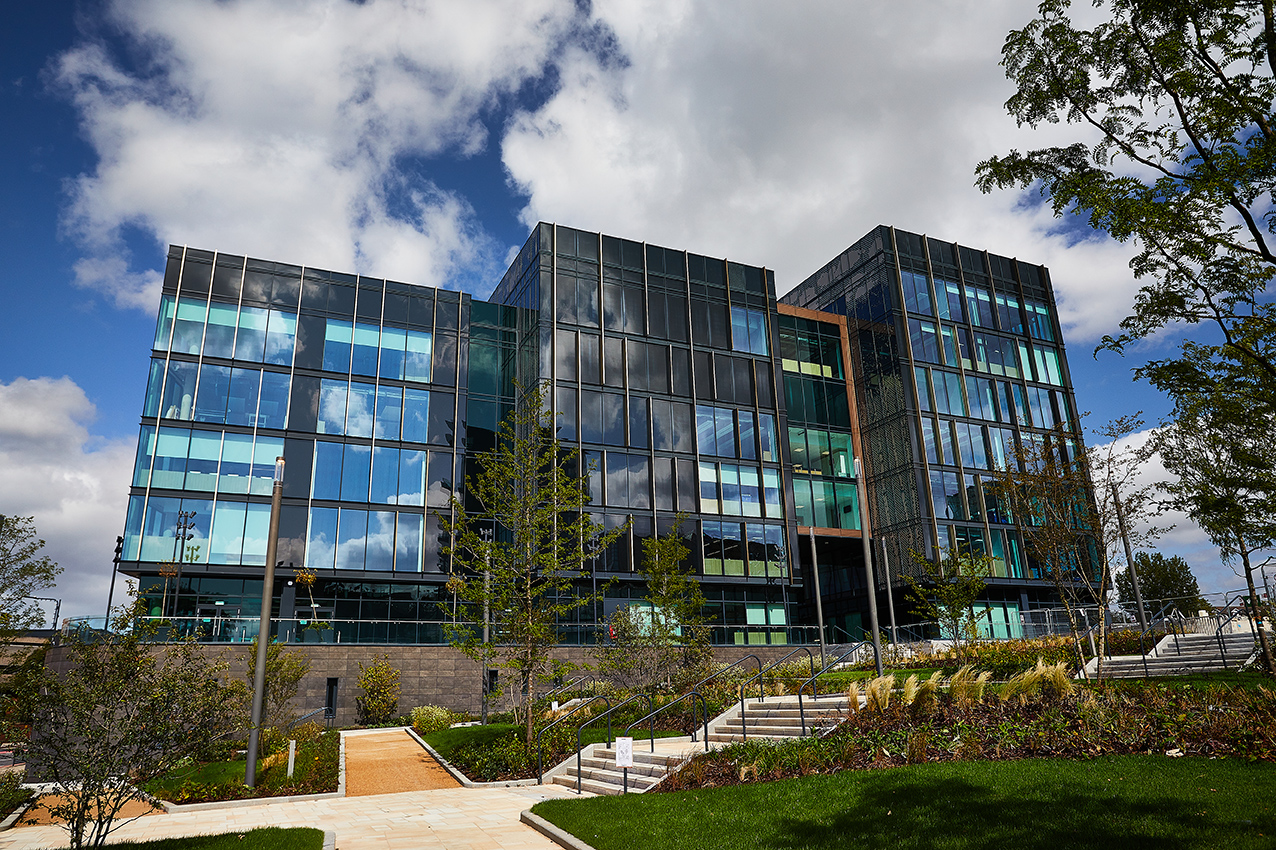
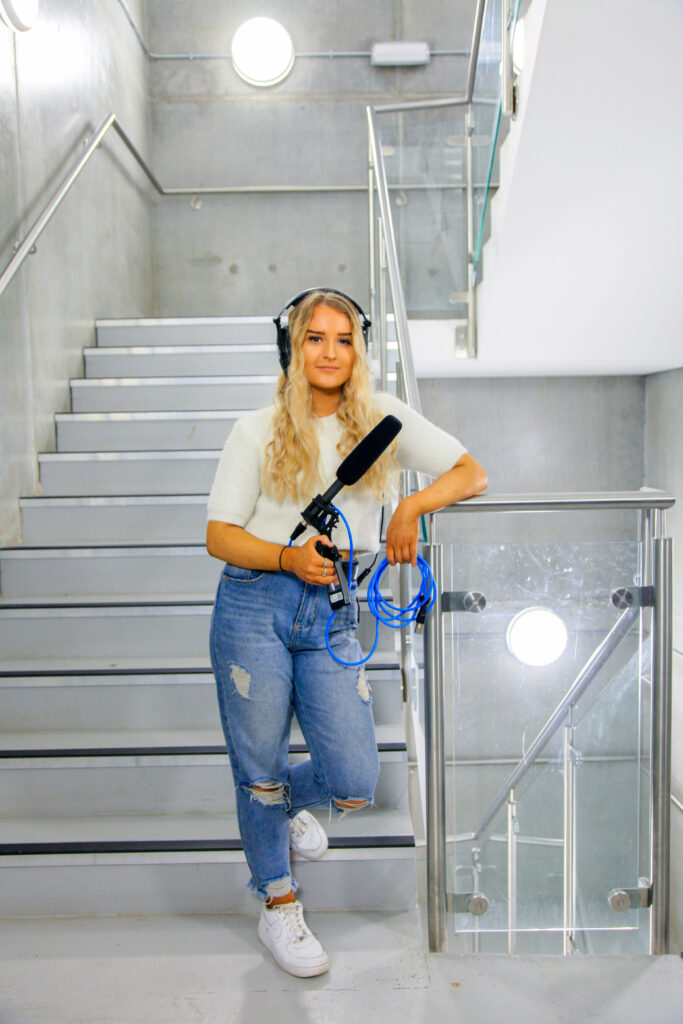
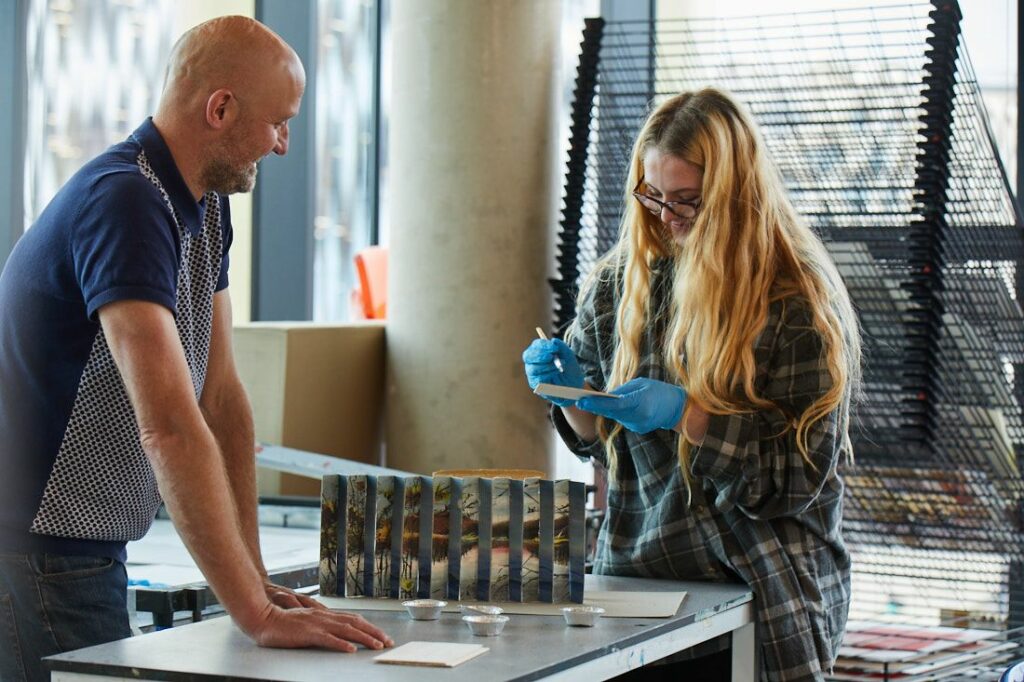
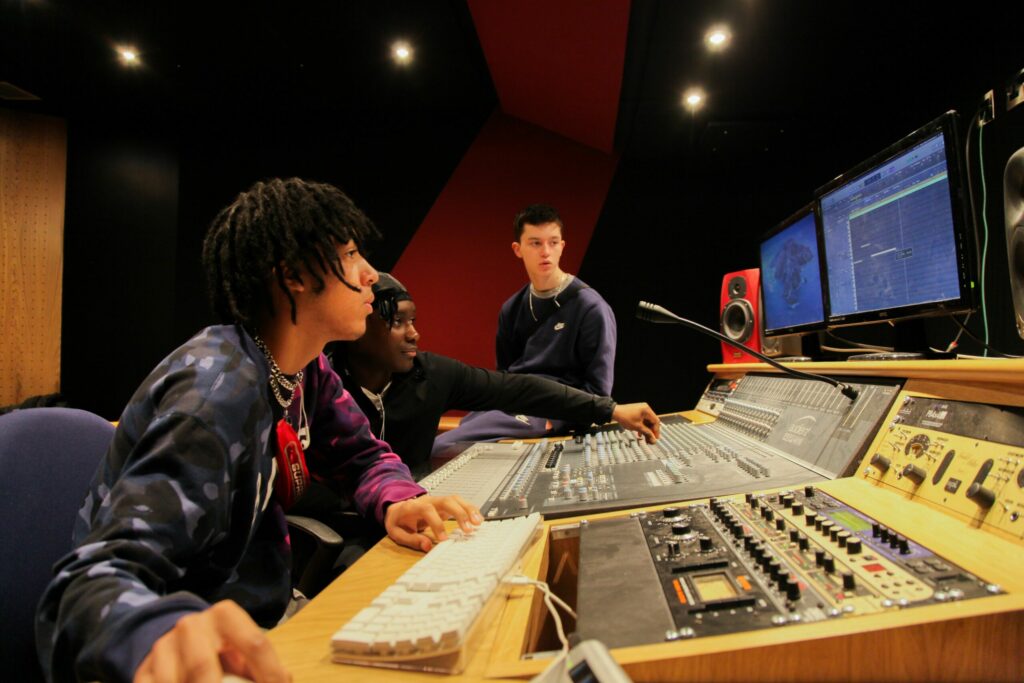

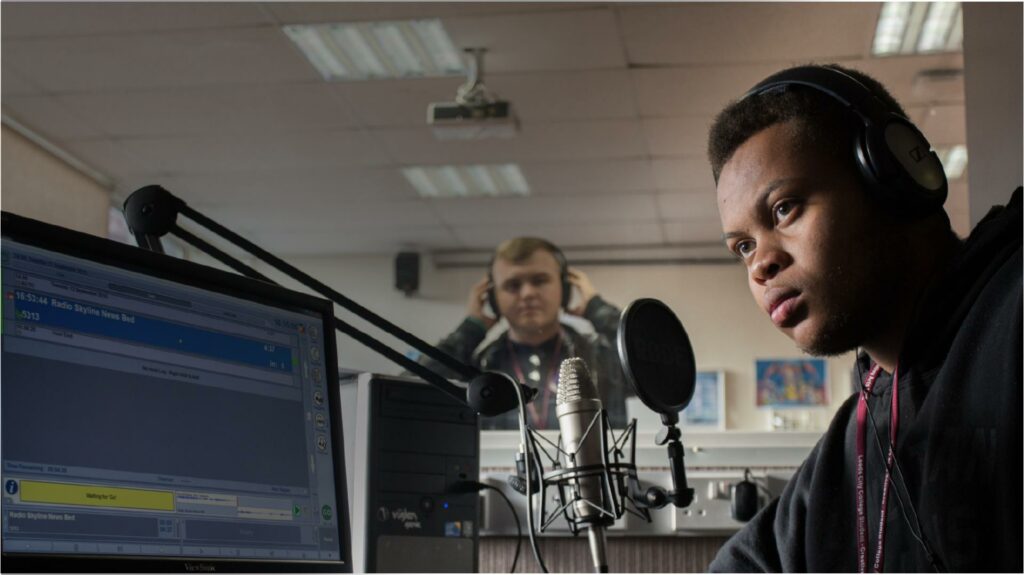
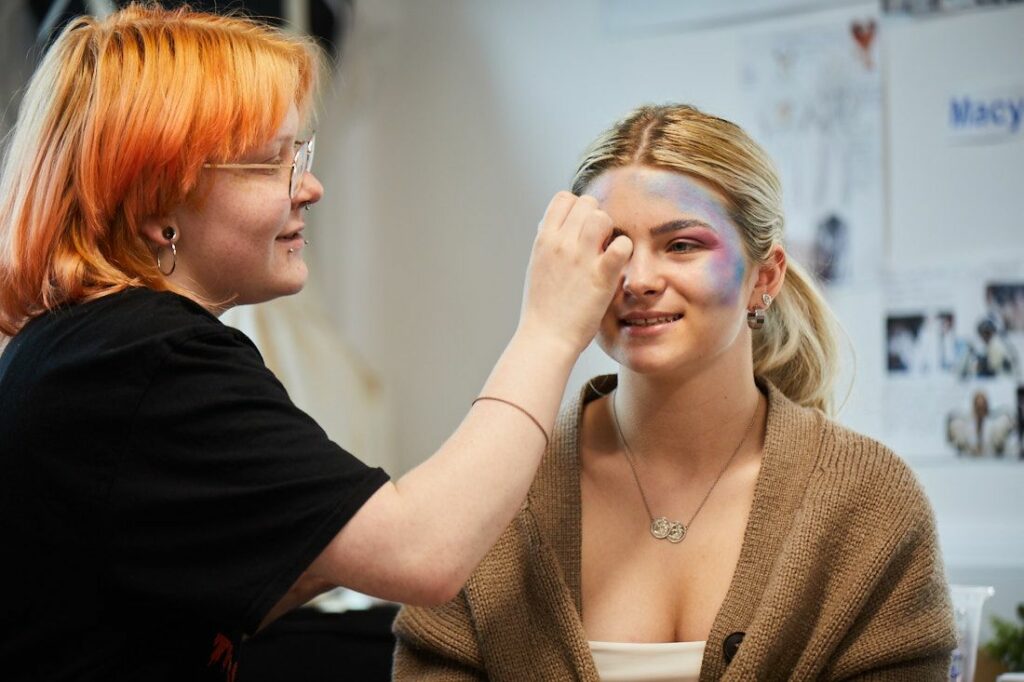
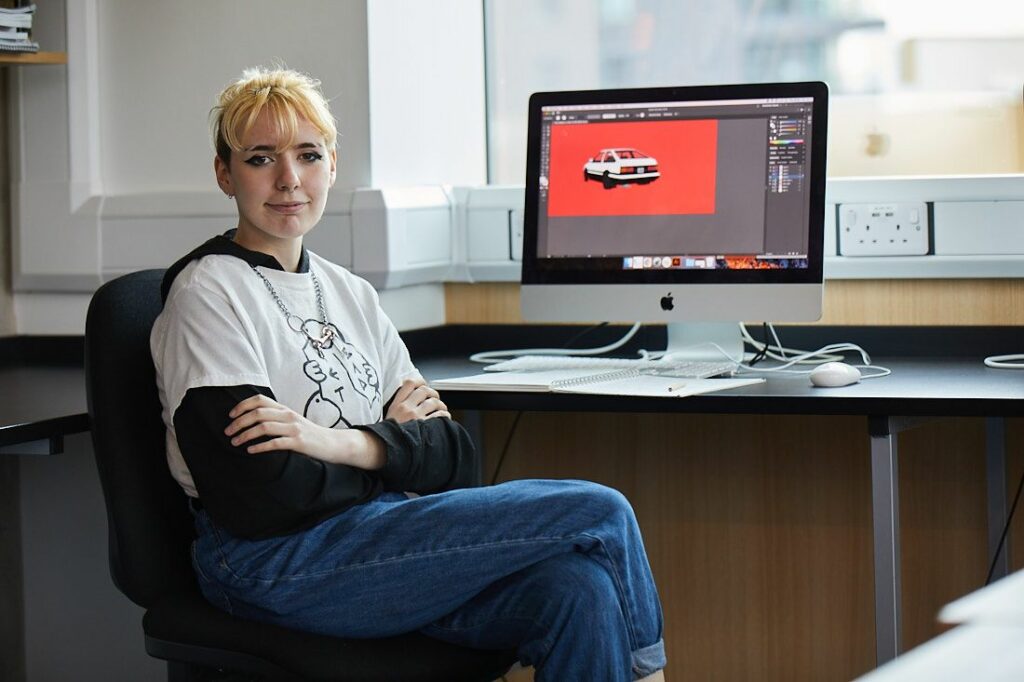
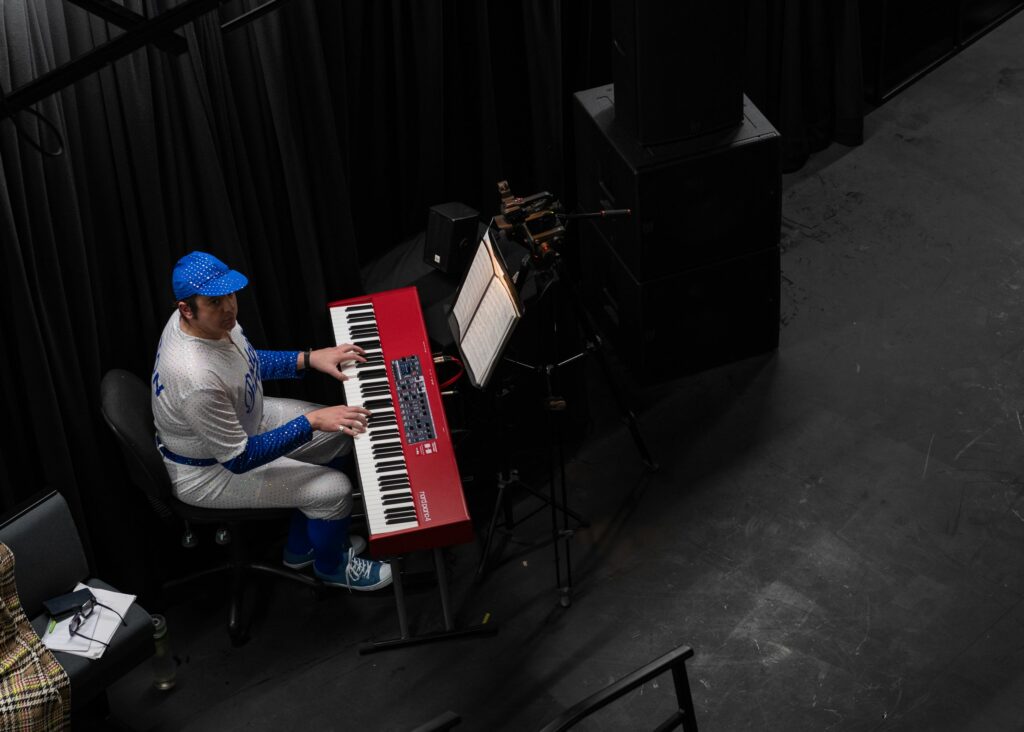

Follow us on Social Media